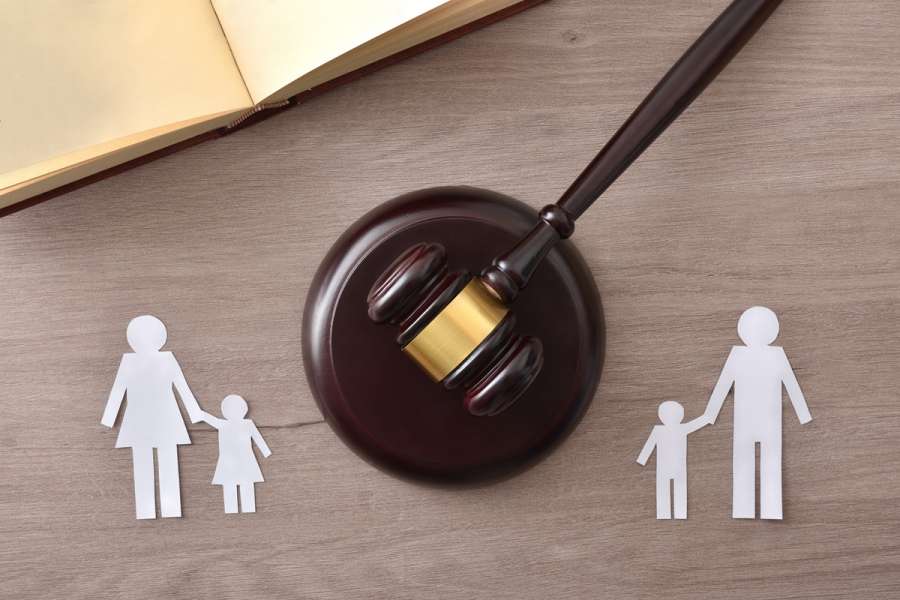You may be planning to take your children away over the Christmas period to visit friends and family who do not live close by or to have a festive holiday.
If this is your plan, you need to be aware of the legal requirements in relation to travelling with children when parents have separated.
If you and the children's other parent have separated, you cannot take the children abroad without the other parent's permission.
If the other parent has parental responsibility for the children and no Child Arrangements Order is in place naming you as the parent with whom the child shall live, it is essential that the other parent provides express permission for you to take the children abroad.
Ideally, such permission should be provided in written form. Alternatively, you will need to make an application to the court.
The child's mother automatically has parental responsibility for the child, and the father will have parental responsibility if he is married to the mother or was named on the child's birth certificate.
Alternatively, if you are named on a Child Arrangements Order as the person with whom the child shall live, you can remove the children from the jurisdiction without the other parent's permission for up to 28 days unless prevented from doing so by the court.
However, it is not advisable to take the child away on holiday without communicating this to the other parent well in advance.





